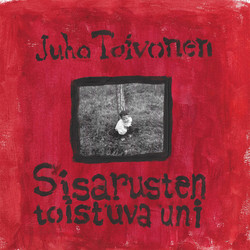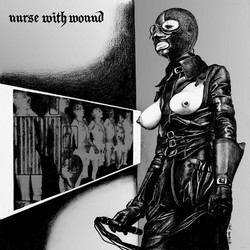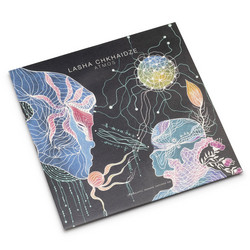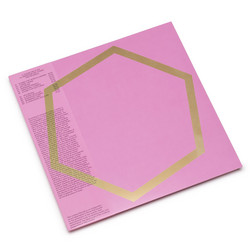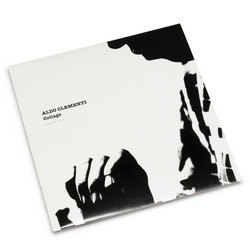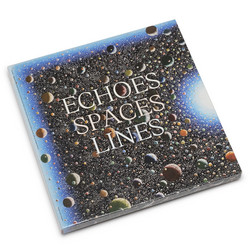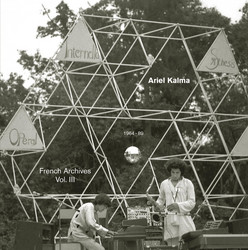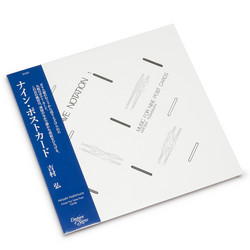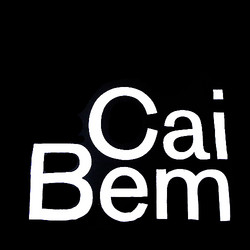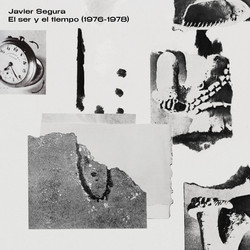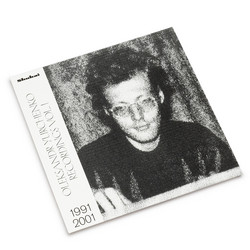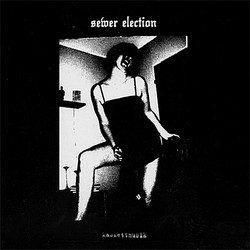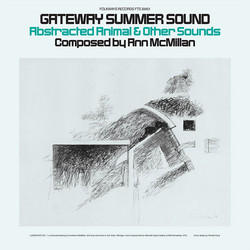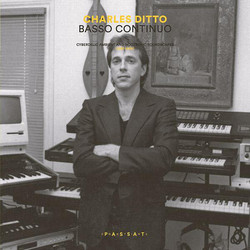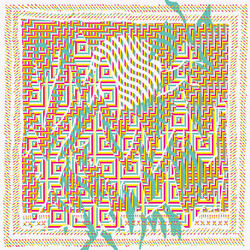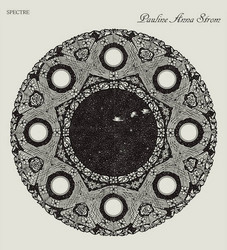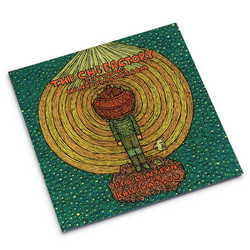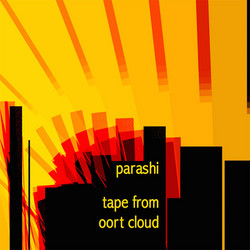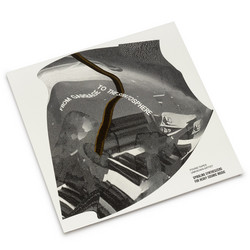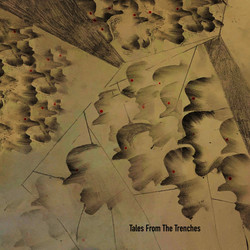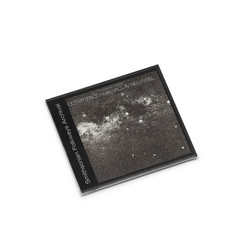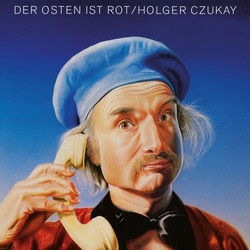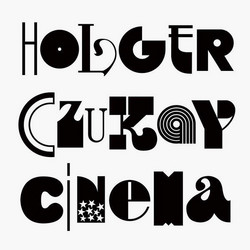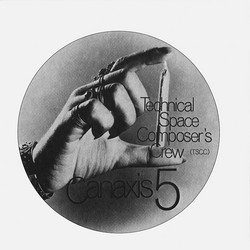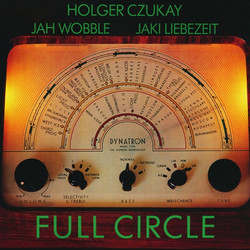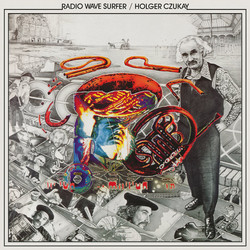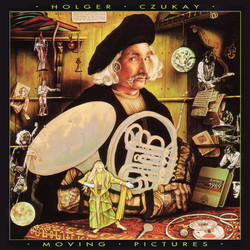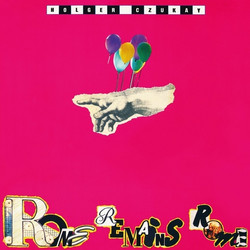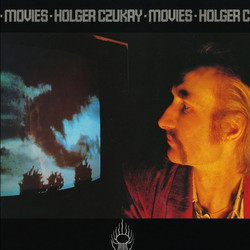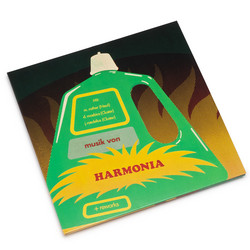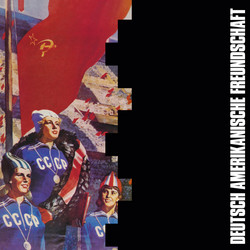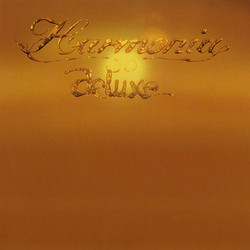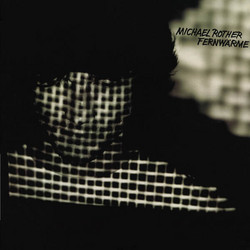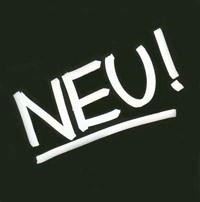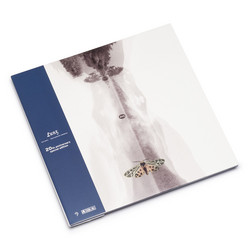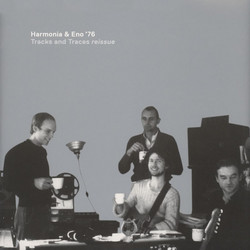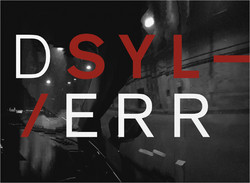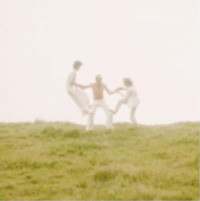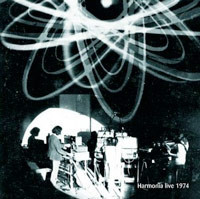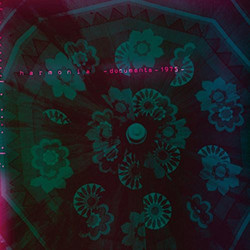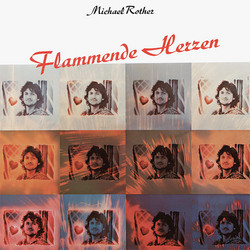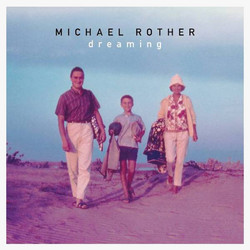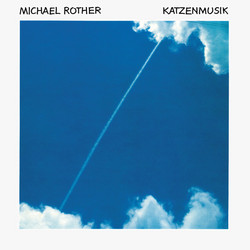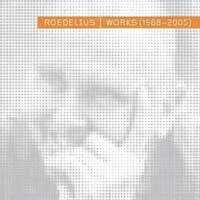5cd box edition. An overview of Holger Czukay's solo work and collaborations, also including Canaxis 5 (1969) - a legendary album which fuses ambient, ethnic music and early form of sampling, several years before anybody else started to get to grips with any of those ideas - Movies (1979), On The Way To The Peak Of Normal (1981), Full Circle (1982), Der Osten Ist Rot (1984), Rome Remains Rome (1987) and Radio Wave Surfer (1991). This five-LP set features a 36-page booklet, DVD of movie starring Czukay for which he also made the soundtrack as well previously released material as well as unreleased tracks from Czukay—who died last September—including solo works and collaborations with fellow luminaries like Brian Eno, Karlheinz Stockhausen, Jah Wobble and Jaki Liebezeit (Czukay's Can bandmate who also passed away in 2017). Its 34 tracks will cover a nearly 50-year period of time.
The boxset will be available in five-disc editions for both CD and vinyl, with the latter packing a 7-inch "vinyl video" that contains the music video for the 1979 song "Cool In The Pool" and "a previously unreleased video of Holger introducing his first video recording [and] said video recording." Each edition will also include a booklet with unseen photos and an Ian Harrison-penned biography, along with a DVD of Krieg Der Töne (War Of The Sounds), a late-'80s experimental film Czukay scored and starred in.
"Canaxis" is somewhat different, and is more clearly indebted to Stockhausen's influence. A high gong sounds, static tones greet us, then there's this descending and ascending octave-shifting pitch thing that intrudes, and eventually becomes a working motif for the beginning. After a few minutes of these high-pitched tones and octave jumps, a gong strikes and we're into the next part...a male voice, possibly singing in Vietnamese but also just as likely (from the sound) to be Native American begins to sing as strange metal percussion and primitive horn sounds join in. This does NOT sound like yr. typ. WDR job...it's primitive, very neolithic-sounding, as if we'd been plunged from the electronics of the space age to the darkness of some stone-age cave. The voice gives way to the horns and scraping sounds, getting louder and louder as some static voice-sound starts to hold...impossibly long. There's a genuine sense of 'suspended time' here, as if we were under the influence of some ritual chemicals. Gutteral voices, nocturnal sounds. Soon, we're left with the soaring vocal stasis as koto music begins to play. Here, as in "Boat-Woman-Song", the electronics and the 'sample' merge into a singular whole, as if Holger has succeeded in creating some strange hybrid music that hovers in some imaginary space somewhere between Kyoto and Köln. Soon, the high tones trace their way back in, and the little 'descending/ascending' motif reappears like some strange birdcall. A low voice begins to hum, an echo of the middle section of this work, as everything slowly fades away like dissipating fog.
Then we have a little extra in "Mellow Out", an old recording from 1960 that's actually the first Holger captured on acetate, playing a little jazzy thing along with a few other players. Title says it all, and it's a nice little curiosity that's actually musically satisfying to boot.
But the 'meat' of this...not only is this critical as a part of the whole Can mythos, it is in fact music that could easily stand alongside anything coming out of Europe's electronic studios during the 60s. It shows off the fact that Holger's not only got the chops, he's also got the technique. And clearly, this has to rank if not up there with the master's "Hymnen", then certainly alongside his "Telemusik" from which more than a little inspiration was clearly taken. It's beautiful, mysterious, moving stuff that's certainly part of the whole Krautrock thing, but also is a few notches above it to this day." Julian Cope, Headheritage
